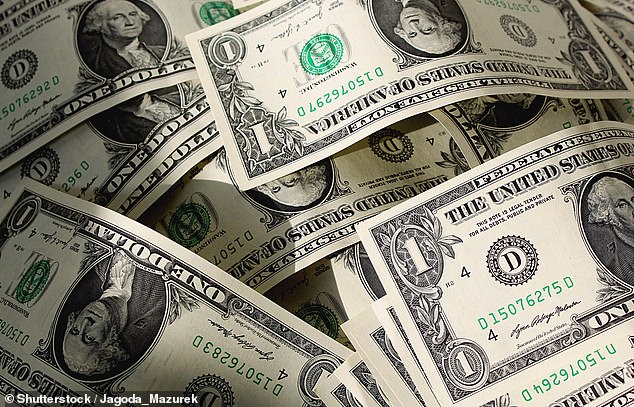There long has been something of the Wild West about American banking. The Bank of England has been the backstop for Britain’s monetary system since it was founded in 1694. The Federal Reserve only came into being in 1913 to avert banking and financial panics and bring order to a chaotic dollar issuance.
Donald Trump and free market advocates are not fond of a monetary system which imposes the same rules across all 50 states and is the sole source of fiat money backed by the government. It offends the idea of a libertarian commonwealth.
Enthusiastic backing for crypto currencies, despite the susceptibility to fraud, is part of the mantra.
Entryism by bitcoin into the investment firmament, through exchange-traded funds and the creation of the Trump family’s own crypto currency, reflect dissonance with central controls. At present, Wall Street eyes are on the struggle over succession at the Federal Reserve when Jay Powell’s term ends next year.
On the horizon is a challenge for US central banking which reaches far beyond the next leader of the Fed.
The ‘Genius Act’, currently before Congress, seeks to supplement the dollar through the creation of stable coins which would enable American firms to issue their own currencies.

Big bucks: The ‘Genius Act’ has been compared to the Free Banking Era where any person or business with surplus funds could open their own bank and issue their own dollars
The US would be a place where there were dozens of stable coins, issued by the likes of Walmart, Amazon and Starbucks competing against each other. The plan is that a stable coin, tethered in some way to the dollar, also could be issued by federally insured banks such as JP Morgan Chase.
Firms or banks issuing less than $10billion of stable coins would be regulated by each of the states of the union. Issue more, and federal regulators would be in charge.
The outcome has been compared by Berkeley economics professor Barry Eichengreen to the Free Banking Era between 1830 and the US Civil War.
An America deeply sceptical of elites allowed any person or business with surplus funds to open their own bank and issue their own dollars.
Some 18 US states issued their own bank notes and triggered mayhem, with shopkeepers unsure of which dollars were safe to accept.
In 21st-century Britain, there is a reluctance of merchants and consumers down South to accept the Scottish pound, even though it is fiat money accepted and backed by the Bank of England.
Imagine then the bedlam in the 21st-century United States if there were dozens, or even hundreds, of stable coins circulating and no one was quite sure of the bona fides of issuers.
How any central bank could be expected to control monetary policy or protect banks from failure is impossible to know.
The Genius Act is not fanciful. MAGA Republicans on Capitol Hill might have the votes to pass it, or something like it, into law. The prospect is scary enough for the Bank for International Settlements in Basel to warn against the rise of stable coins, linked to the dollar, arguing they should not be permitted to become part of the global monetary system.
It also notes that crypto assets, hidden in secret wallets, facilitate illicit use. Backers of the Genius Act are warned. The concern must be that libertarian fervour and distrust of global institutions is so embedded in American culture that caution will be thrown to the wind.
DIY INVESTING PLATFORMS

AJ Bell

AJ Bell
Easy investing and ready-made portfolios

Hargreaves Lansdown

Hargreaves Lansdown
Free fund dealing and investment ideas

interactive investor

interactive investor
Flat-fee investing from £4.99 per month

InvestEngine

InvestEngine
Account and trading fee-free ETF investing
Trading 212
Trading 212
Free share dealing and no account fee
Affiliate links: If you take out a product This is Money may earn a commission. These deals are chosen by our editorial team, as we think they are worth highlighting. This does not affect our editorial independence.
This article was originally published by a www.dailymail.co.uk . Read the Original article here. .

